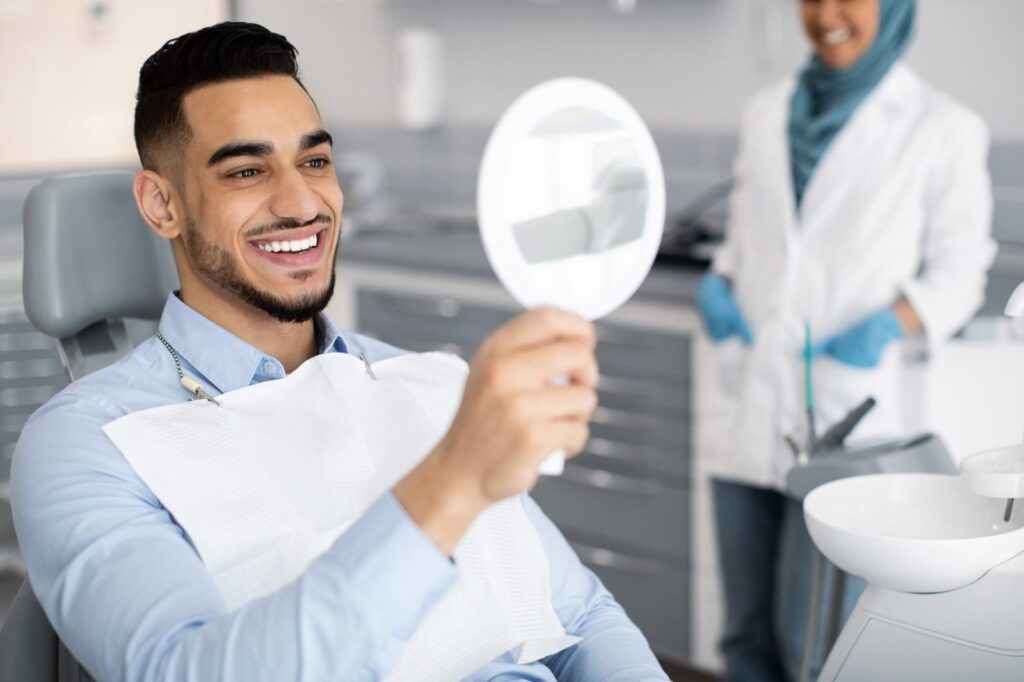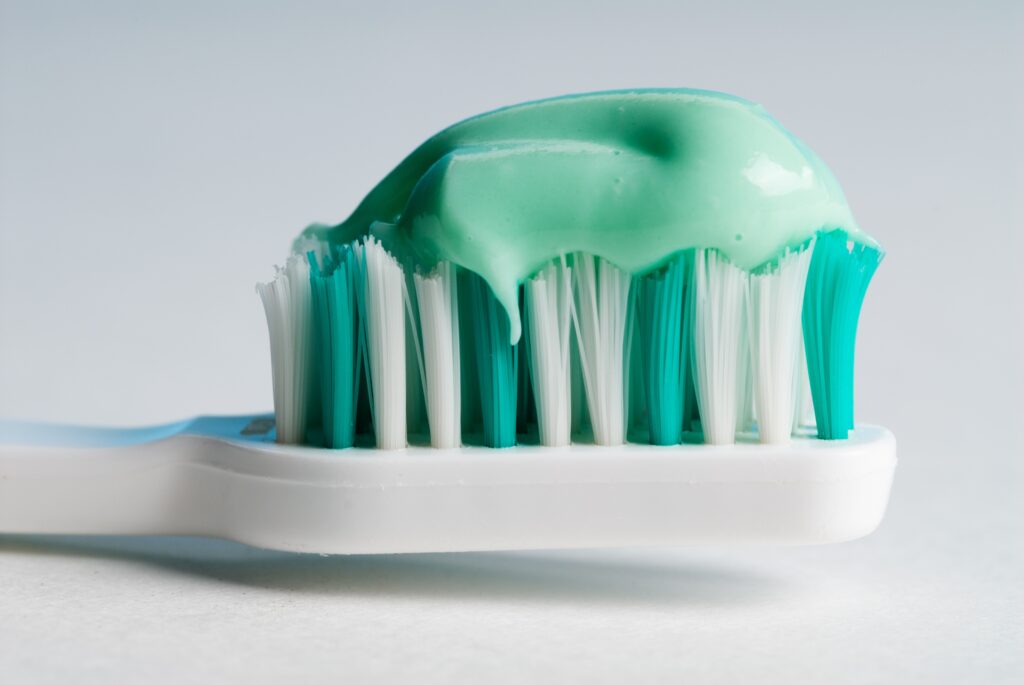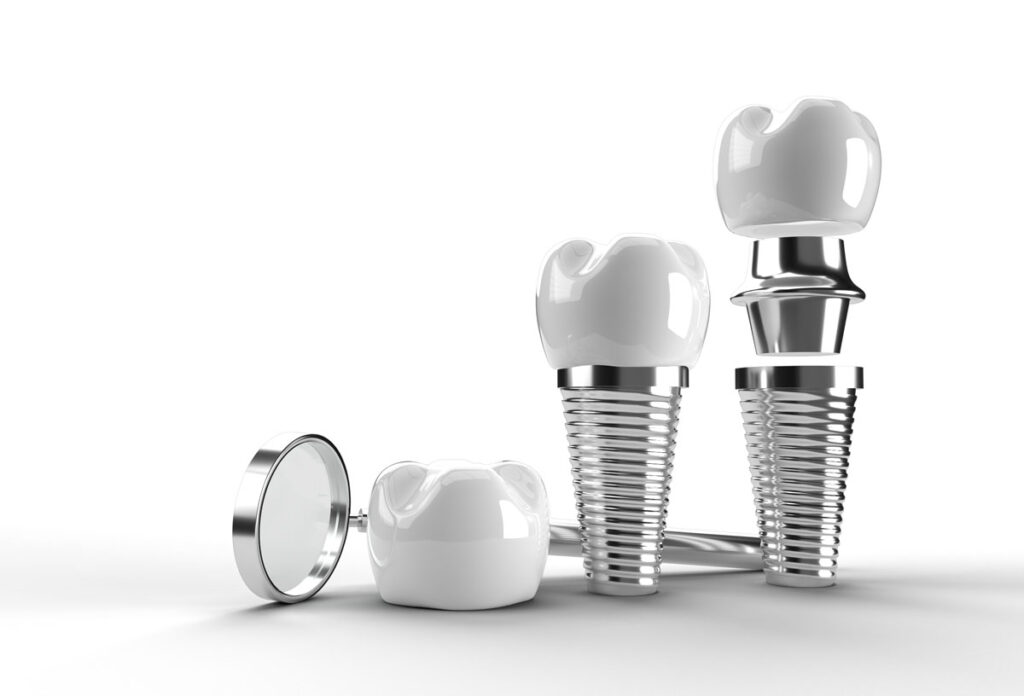1Dental Blog
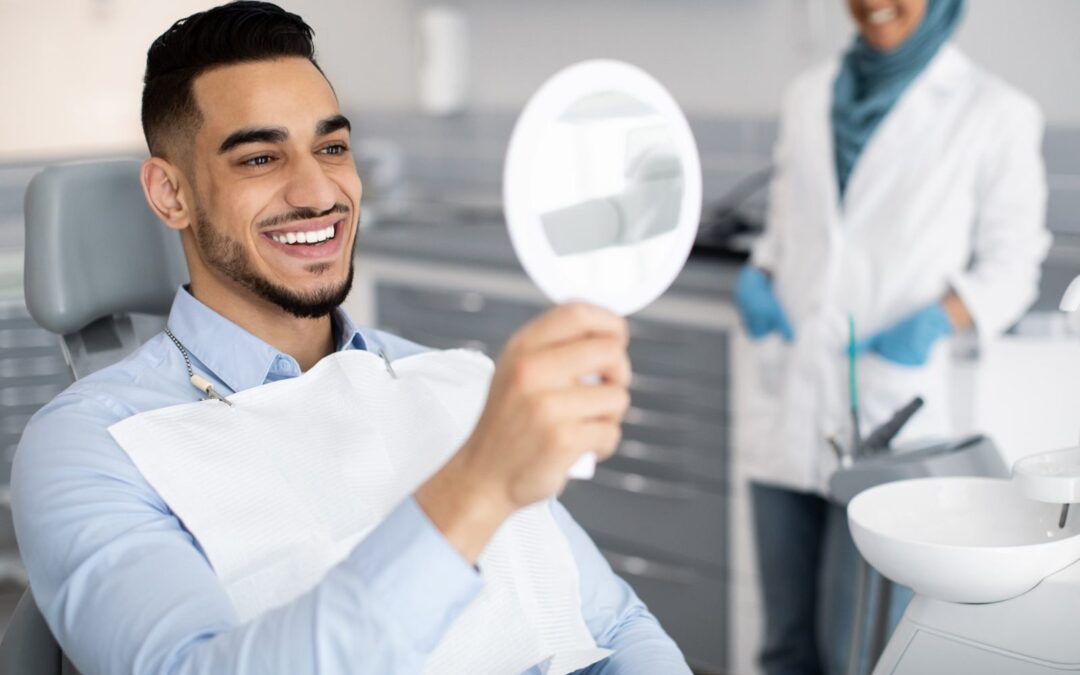
What are Lumineers? Are They Covered by Dental Insurance?
Veneers are thin, custom-made, tooth-colored shells applied to the surface of teeth to improve their appearance or to repair small cracks. Lumineers are a specific brand of veneers that are approximately the thickness of a contact lens. Some people use these cosmetic procedures as a stain-proof, permanent whitening method, while others see them as relatively quick, comfortable substitutes for braces. While dental insurance companies often consider their placement as a strictly “cosmetic” procedure, several discount plans may offer a percentage off.

What Is a Dental Prophylaxis? Do Dental Plans Cover It?
Sometimes dental procedures have scary-sounding names, though they may be routine and painless. The intimidating phrase “prophylaxis” simply means a standard teeth cleaning. A dental cleaning can help prevent gum disease and tooth decay from settling into your mouth, and it is often made up of several steps.

What’s the Difference Between Medicare and Medicaid? Do They Cover Dental?
Even though Medicare and Medicaid have been around for several decades, many Americans do not have a clear understanding of what these programs are, the amount of dental coverage they provide, and who is eligible. Because maintaining a healthy mouth can go a long way toward promoting your overall well-being, it is important to understand how these government programs may or may not assist you.
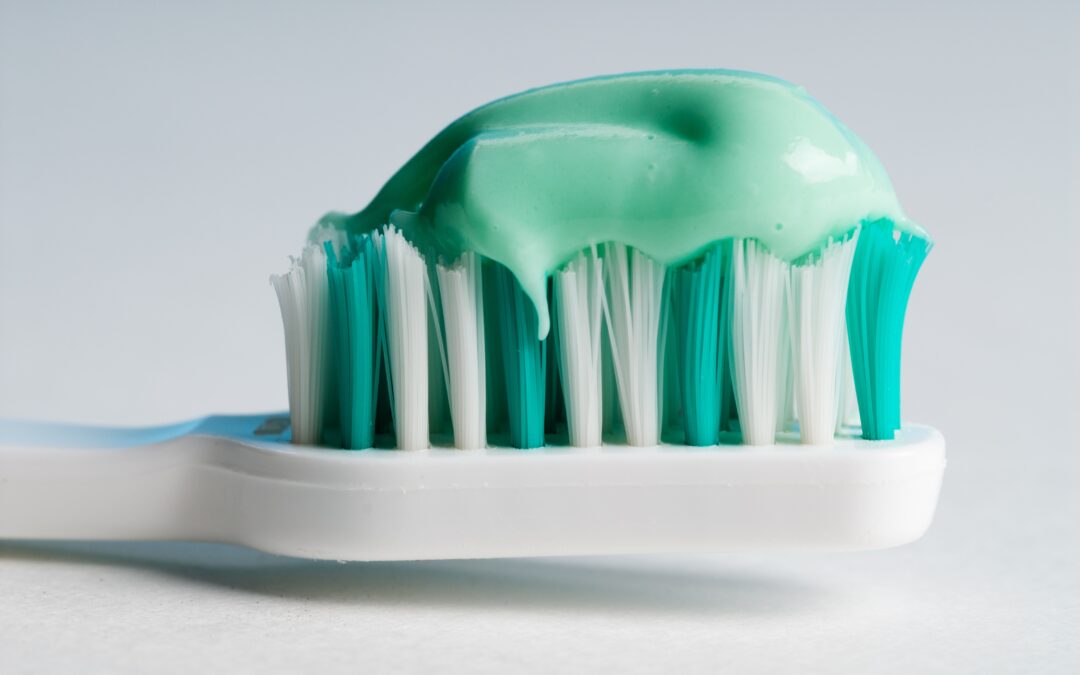
Study Names Most Germ-Killing Toothpaste
Does toothpaste kill germs? Germs are everywhere – lingering in your bathroom, on your kitchen counter, and more dangerously, in your mouth. Do you know that your mouth can be a hiding place for 800-1000 varieties of germs and bacteria? Your mouth’s damp, warm conditions are a perfect place for germs to linger and grow, leading to painful cavities, less than affordable dental fillings, and even severe gum disease. Though you may be brushing with a fluoridated toothpaste right now, a new type is being researched that contains ingredients that are even more effective at fighting germs, according to Science Daily.
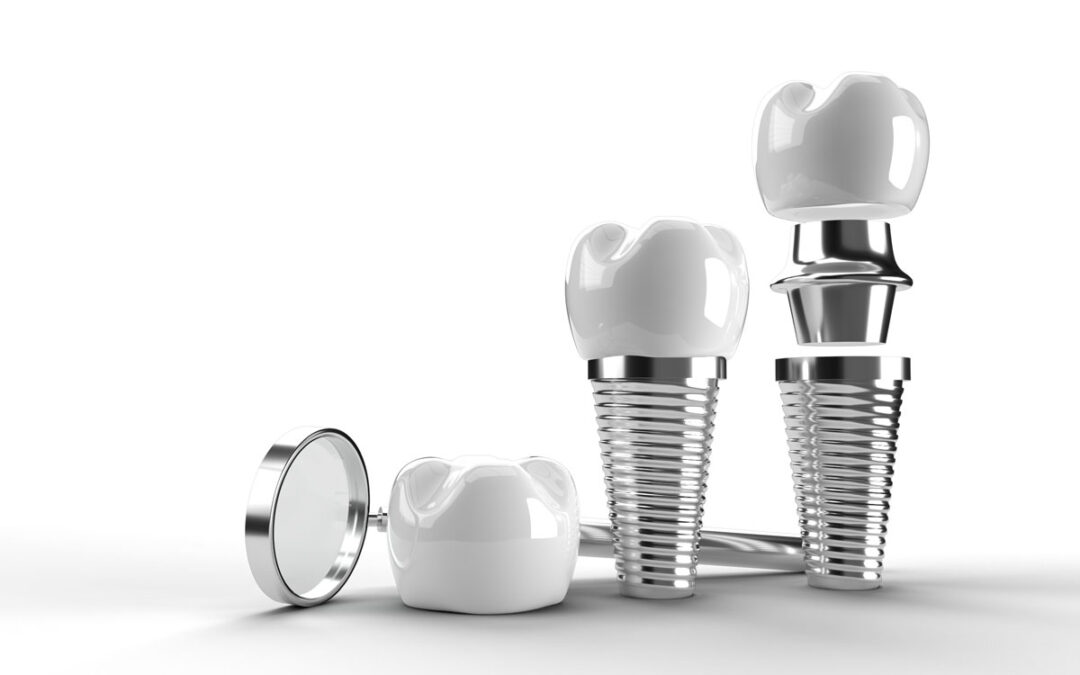
Types of Dental Implants: Endosteal, Eposteal, Transosteal
Affordable dental implants are rapidly rising in popularity for those who need artificial teeth for dental restoration. If you are considering implants, you may have some questions about the procedure and the terminology. Here is a brief look at implants that will hopefully answer many of your questions and concerns.

Can Facial Collapse Be Reversed?
Is your jaw slowly disappearing? You may not be imagining it. Facial collapse can happen. And a dental discount plan can help discount the treatments needed to restore this structural issue.

10 Most Effective Toothache Home Remedies
Using one of these toothache home remedies is often preferred to making a dental appointment when you need immediate relief, but please remember that these are temporary solutions until you can get in to see a dentist.
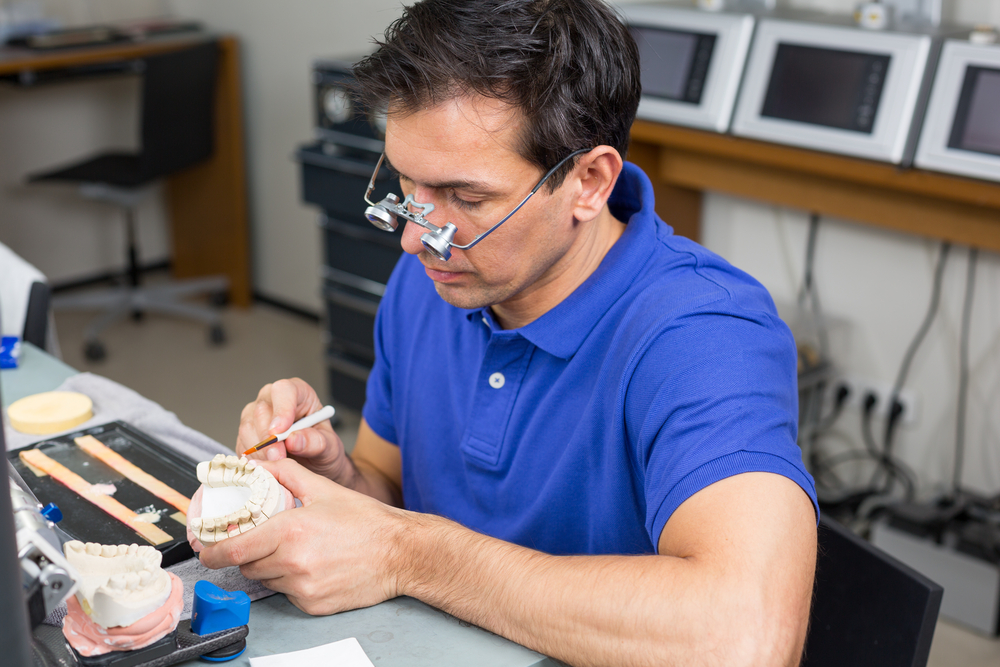
What Are Dental Labs?
You might think of your dental providers’ practice as completely independent. Your dentist isn’t connected to a hospital and performs common procedures right in the office. It is only when you require more complicated work that it will become apparent that your dentist is the most visible member of a larger team, a group made up of other professionals such as oral surgeons, as well as outside lab facilities.
A dental lab is a stand-alone facility whose only business is to partner with dental professionals to provide the specific, customized appliances that patients need. Dental labs produce products such as retainers, braces, crowns, bridges and dentures.

Dental Bonding Costs
Dental bonding is a procedure where a tooth-colored resin material is used to restore or improve one or more teeth. For example, if a tooth has chipped or cracked, a cavity needs to be filled, a gap closed between teeth, or the shape of a tooth changed to match the teeth around it, bonding may be recommended. It’s considered a cosmetic alternative to the metal amalgam often used in fillings. In fact, some dentists use the terms “bonding” and “filling” almost interchangeably when talking about cavities.
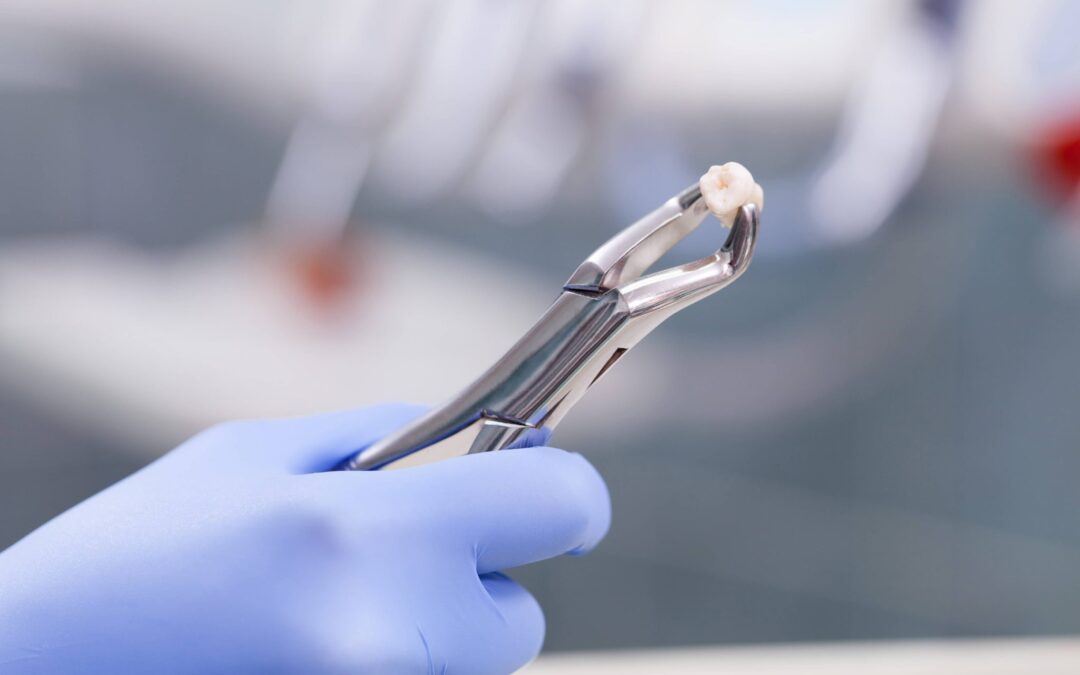
Cheap Wisdom Teeth Removal
Wisdom teeth removal has almost become a rite of passage—nearly everyone goes through it. However, if you need your wisdom teeth extracted, you’re probably concerned about how much wisdom teeth removal costs. We understand that the last thing you want to do is shell out money for a dental procedure, but there is such a thing as affordable wisdom teeth removal.

How Much Do Dentures Cost Without Insurance?
Dentures allow many people who have lost teeth to continue to eat and live life normally. A customized set of dentures can give you your smile back, allow you to chew most foods, and restore confidence if you’ve had significant dental problems in the past. However, dentures can also be fairly expensive.

How Much Do Braces Cost Without Dental Insurance?
Do you need braces but are afraid of how much they cost? With braces costing anywhere between $4,800 to $7,135 on average for adults (and sometimes more), it’s no surprise that most people bristle at the expense. But don’t let the cost of braces deter you from undergoing this vital treatment that can transform your smile and confidence, not to mention improve your dental health.

How Much Does a Dental Filling Cost Without Insurance?
If you’ve ever had a cavity, you’ve probably had a tooth filling. Paying for dental fillings, especially if you need multiple, can be tough, particularly if you have no dental insurance. However, it is possible. Use this guide for information about how much tooth fillings cost without insurance, what types of fillings you might get to fill a cavity, and a cost breakdown for how much these same fillings cost with a dental savings plan.

How Much Is A Root Canal Without Dental Insurance?
Has your dentist recommended you get a root canal because of an infected or decaying tooth? Don’t worry, you’re not alone. Millions of Americans undergo root canal treatments every year and walk away with healthier teeth and brighter and stronger smiles. Although the idea of such treatment may be frightening—despite the fact that most dentists relate root canal discomfort to that of a filling—even more frightening than the procedure itself might be figuring out how you’re going to foot the bill without dental insurance.

How Much Do Dental Crowns Cost Without Dental Insurance?
Crowns protect the remaining part of your teeth after your dentist fixes damage or decay. While they are incredibly important in maintaining good dental hygiene, they can also be expensive. When it comes to your oral health, you simply cannot afford to put damage or decay on the backburner. But if money is tight, what are your best next steps?

